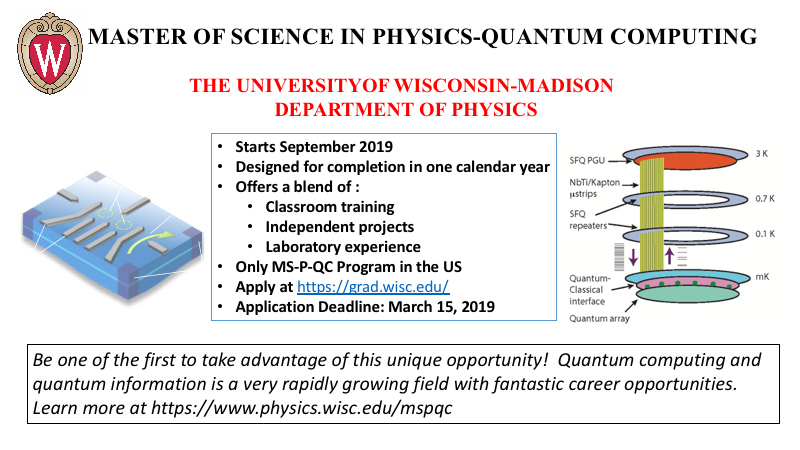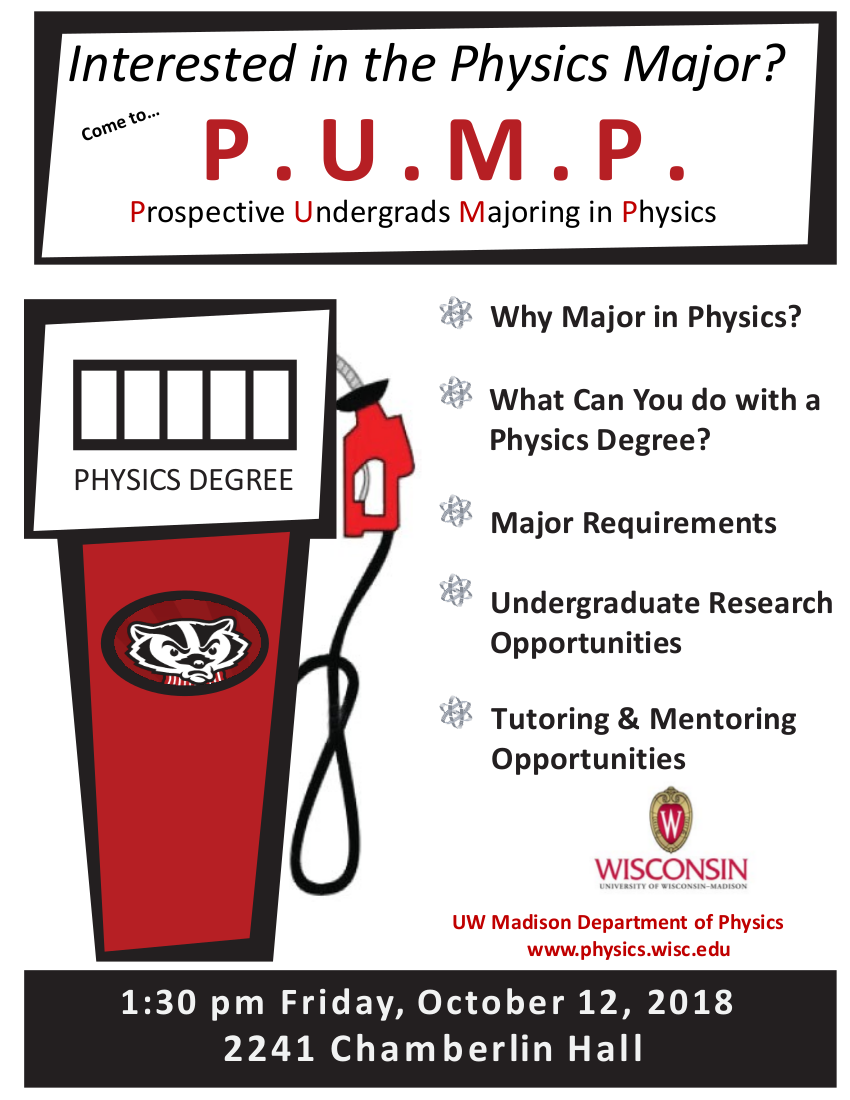The Physics, Astronomy, and Math libraries will undergo a consolidation over the course of the next two years, beginning in May 2019. The UW-Madison Libraries have embarked on a major effort to transform campus libraries to better meet the changing needs of the campus community. This is a closely coordinated effort with the Physics, Astronomy, and Math departments, as well as the College of Letters & Science.
Summer – Fall 2019
- Changes to pick-up locations for reserves and ILL materials for Astronomy and Physics beginning in May 2019.
- Physics Library temporarily closes and Astronomy Library closes permanently.
- Physics Library and Astronomy Library collections are consolidated into the newly combined library or moved to a shelving facility.
Spring 2020
- Combined Physics and Astronomy Collections re-open as combined Physical Sciences Library.
- Math Library permanently closes and is consolidated into the Physical Sciences Library.
Summer 2020
- Tentative: Combined Physical Sciences Library temporarily closes or partially closes for redevelopment of user spaces. Collections remain available.
Fall 2020
- Combined Physical Sciences Library reopens with all active collections & services available.

